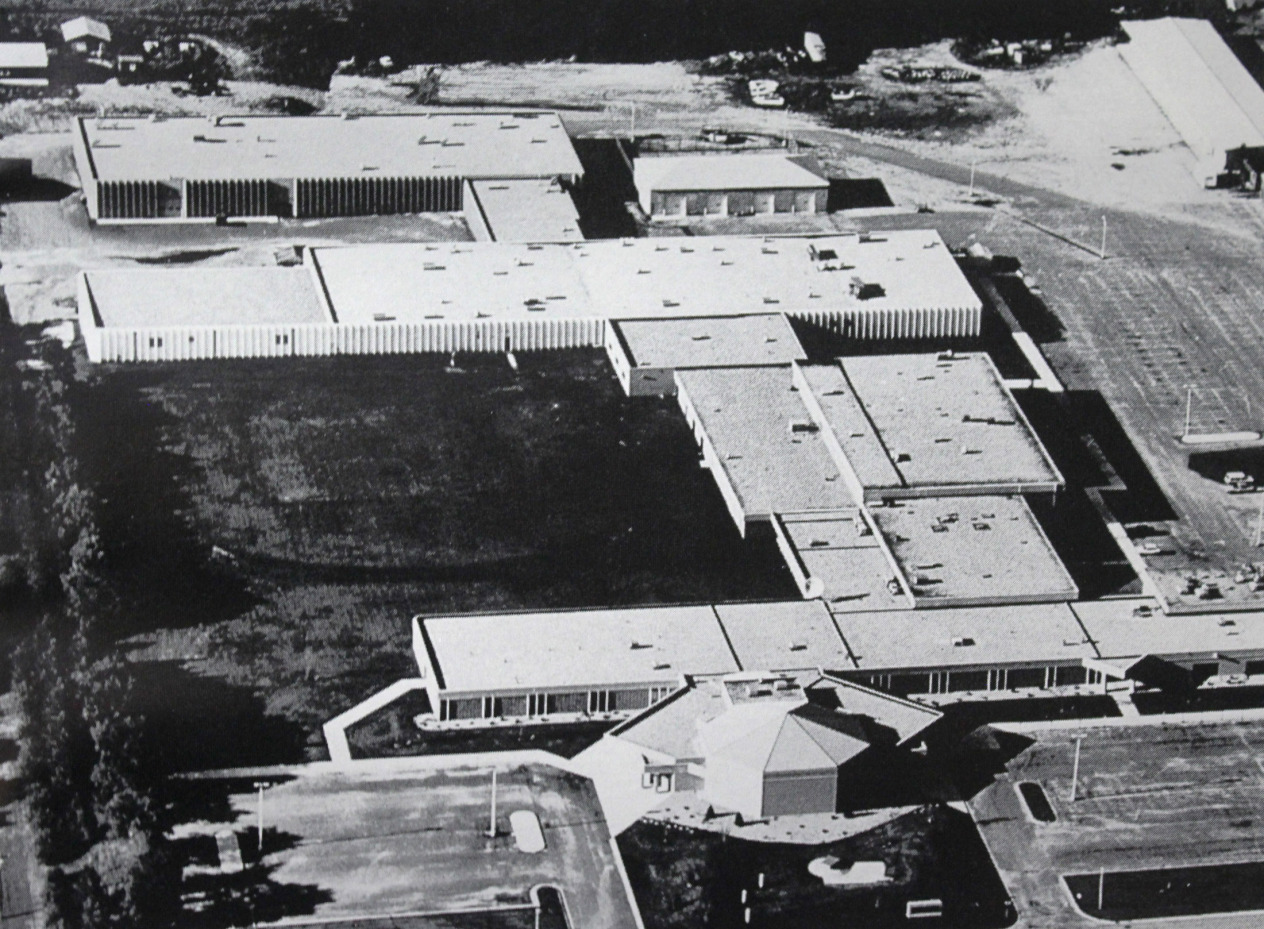Title
ECON1150 - Essentials of Economics
Description
Description
Meets MnTC Goal Areas 2 and 5. This course is an introductory study of economics and exposes the student to a variety of economic concepts. In order to enjoy a successful career, people need to understand how economics impacts the environment in which they live and work. This course helps satisfy those needs by exploring the principles of microeconomics, macroeconomics and international economics. At the microeconomic level, students will learn how the choices they make affect particular markets. They will examine resource allocation and pricing structure by analyzing demand and supply applications. Students will survey the competitive environment by exploring the market structures of perfect competition, monopolistic competition, monopoly and oligopoly. At the macroeconomic level, students will learn about the business cycle by analyzing the gross domestic product (GDP), the inflation rate, the unemployment rate, deficit spending, the national debt and other economic indicators. They will also investigate the debate over activism and non-activism in monetary and fiscal policies. Finally, the student will examine international issues including tariffs/quotas, foreign exchange, the concept of comparative advantage and trends in globalization. This course is not intended for business or economics majors.
API ID
Credits
3 (3/0/0)
Competencies
- Differentiate between microeconomics and macroeconomics.
- Critique the assumptions used in the economic way of thinking.
- Demonstrate the ability to think like an economist in a decision-making process.
- Explain the concepts of demand and supply.
- Determine the price elasticity of demand and supply.
- Analyze the consequences of price controls.
- Analyze production and cost functions.
- Analyze the various market structures of perfect competition, monopolistic competition, oligopoly, and monopoly .
- Examine the key macroeconomic data including gross domestic product, inflation and unemployment.
- Analyze how long-term economic growth is impacted by the public policies managing the factors of production.
- Appraise governmental attempts to manage economic activity through monetary and fiscal policy.
- Analyze how comparative advantage impacts trade.
- Investigate current trends in globalization and implications on trade.
Goal Areas
2. Critical Thinking
5. History and the Social and Behavioral Sciences
Degrees that use this course
Degrees that use this course
Degree:
Associate of Applied Science (AAS)
Location:
Moorhead Campus
Credits:
66
Degree:
Diploma
Location:
Moorhead Campus
Credits:
60
Degree:
Associate of Applied Science (AAS)
Location:
Moorhead Campus
Credits:
79
Degree:
Associate of Arts (AA)
Location:
Fergus Falls Campus
Detroit Lakes Campus
Moorhead Campus
Online
Credits:
60
